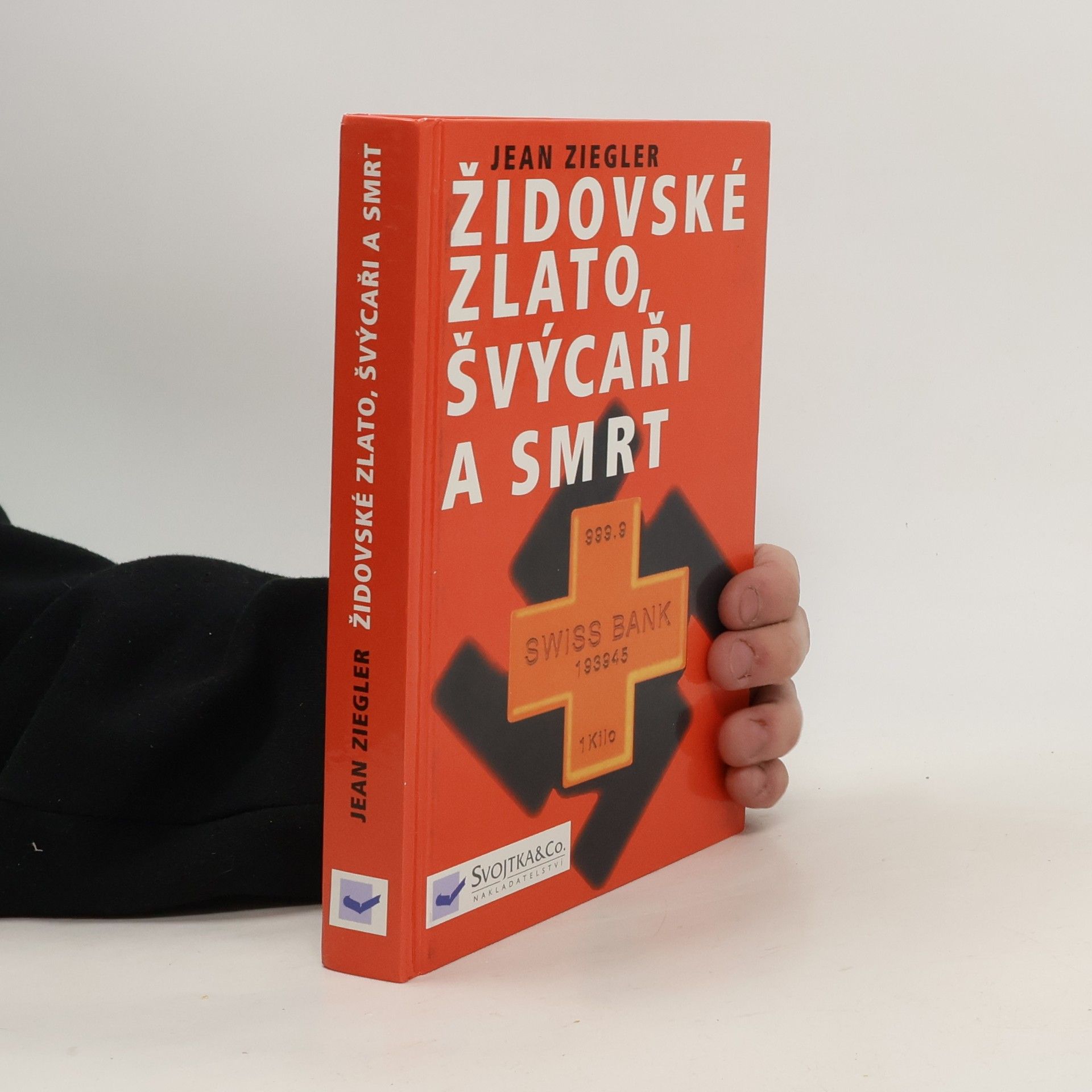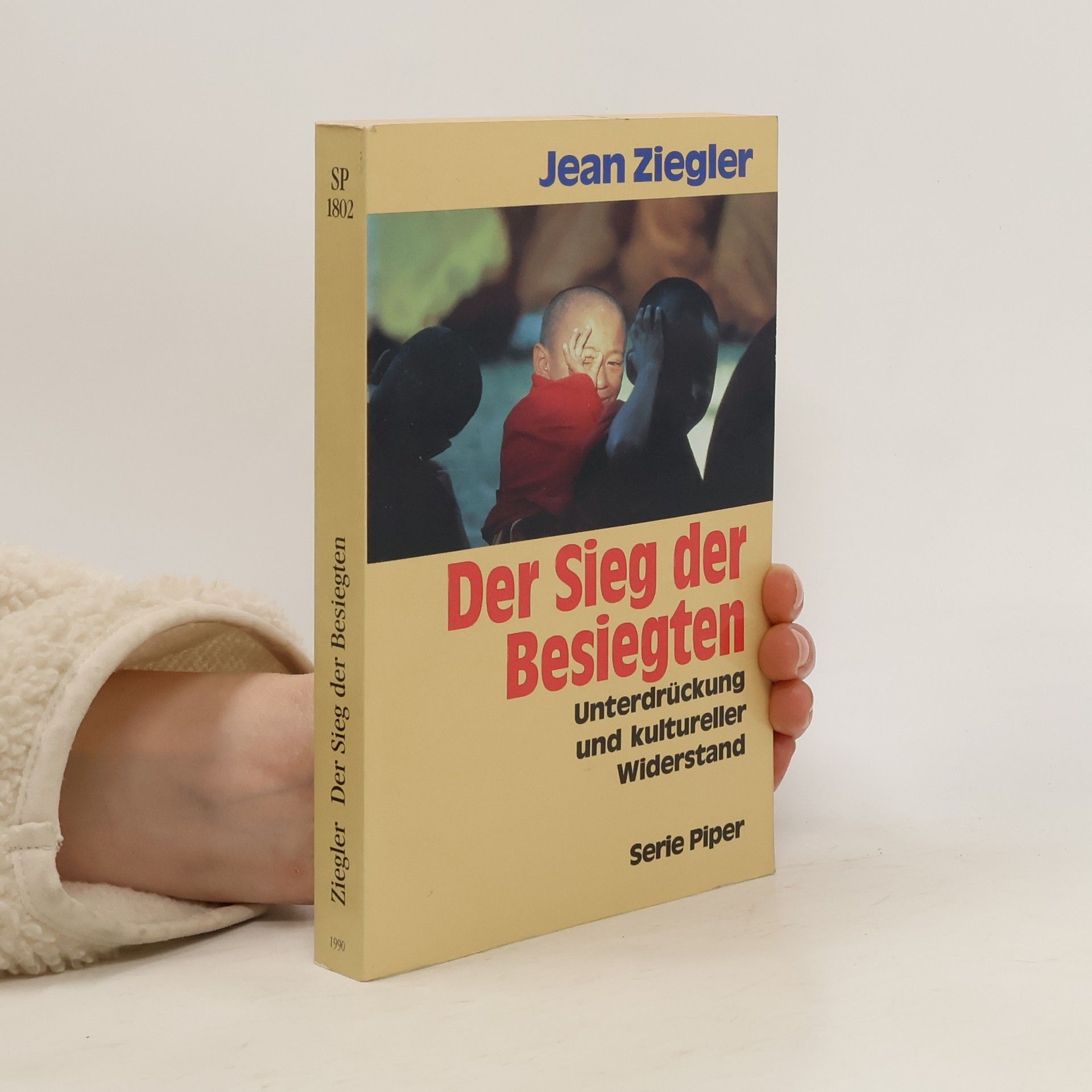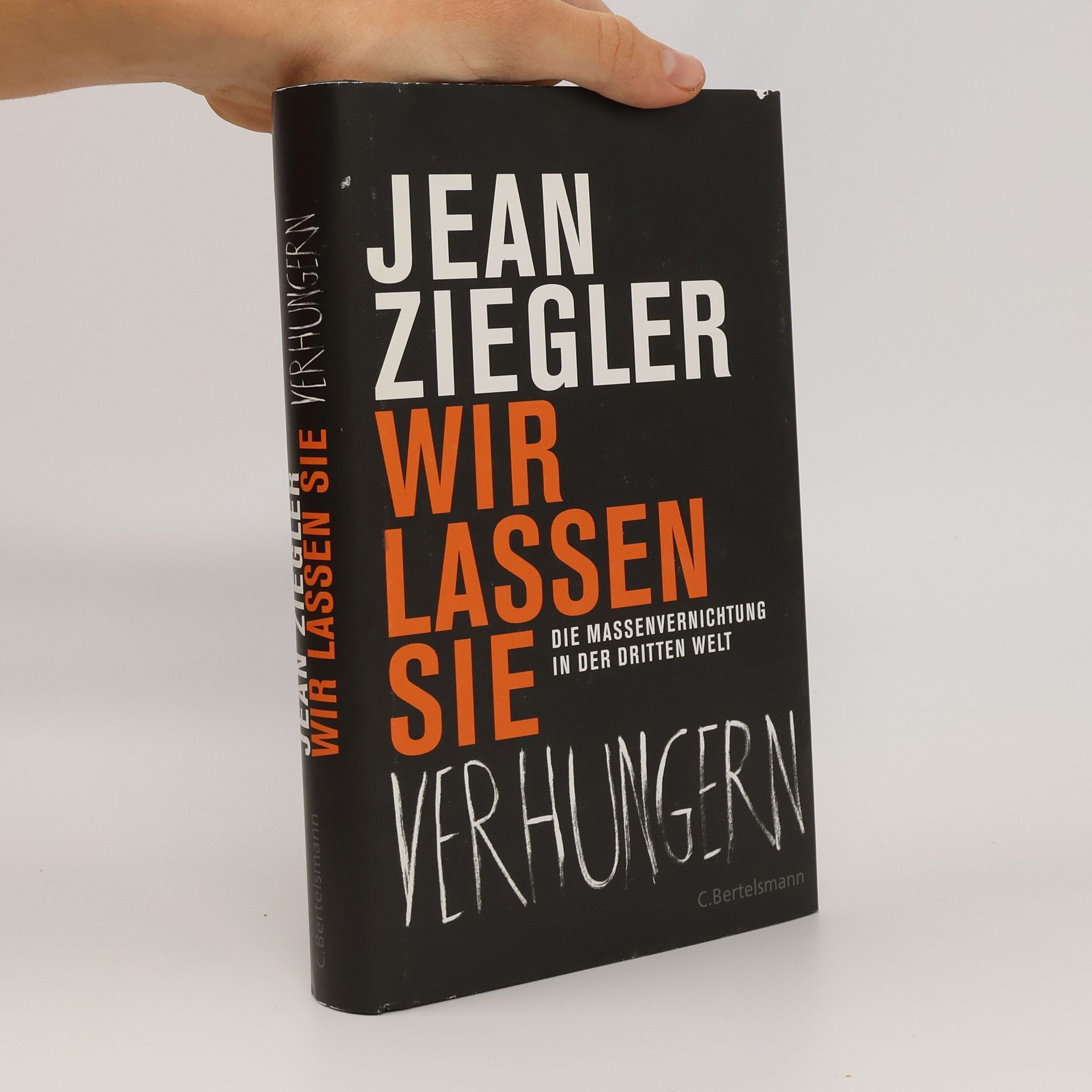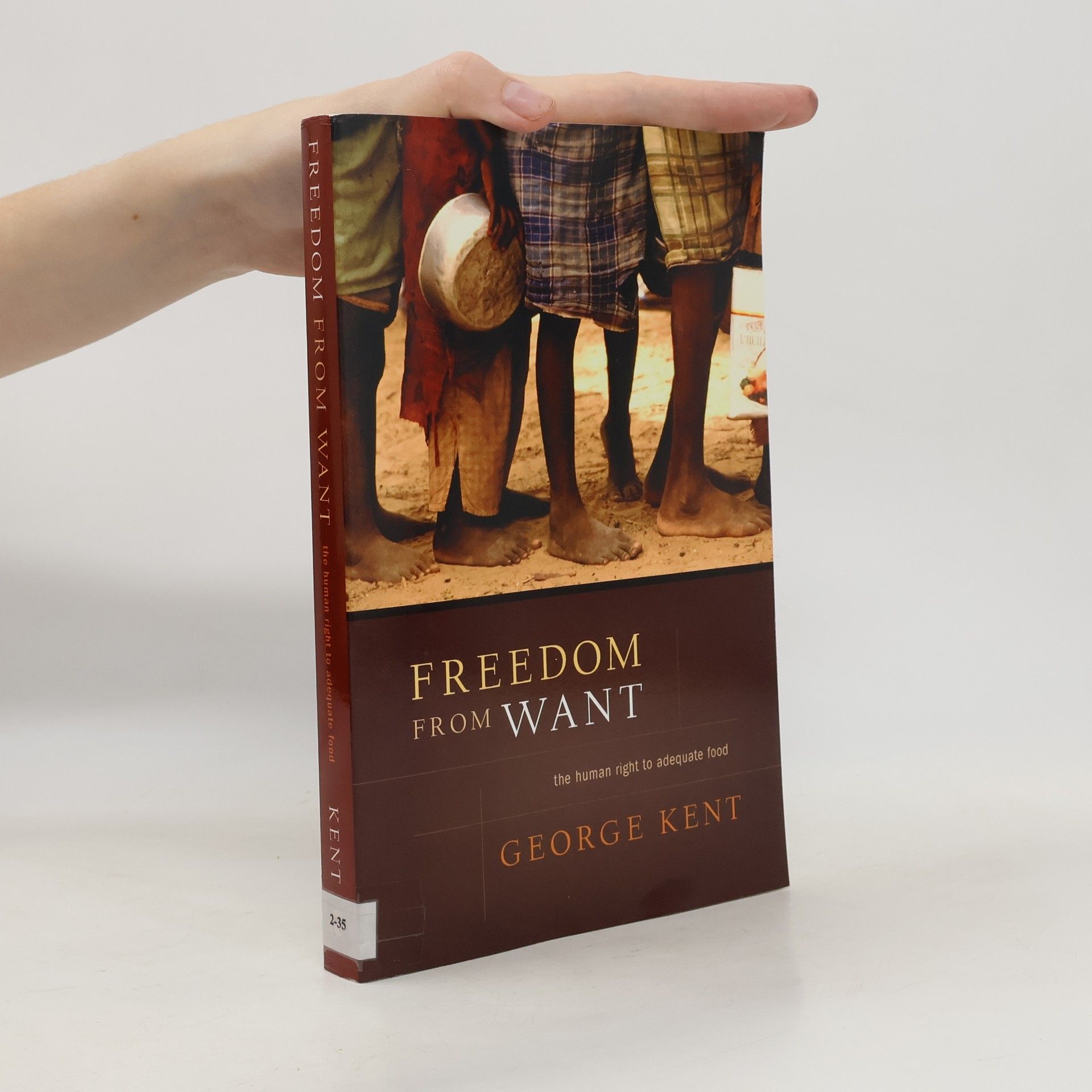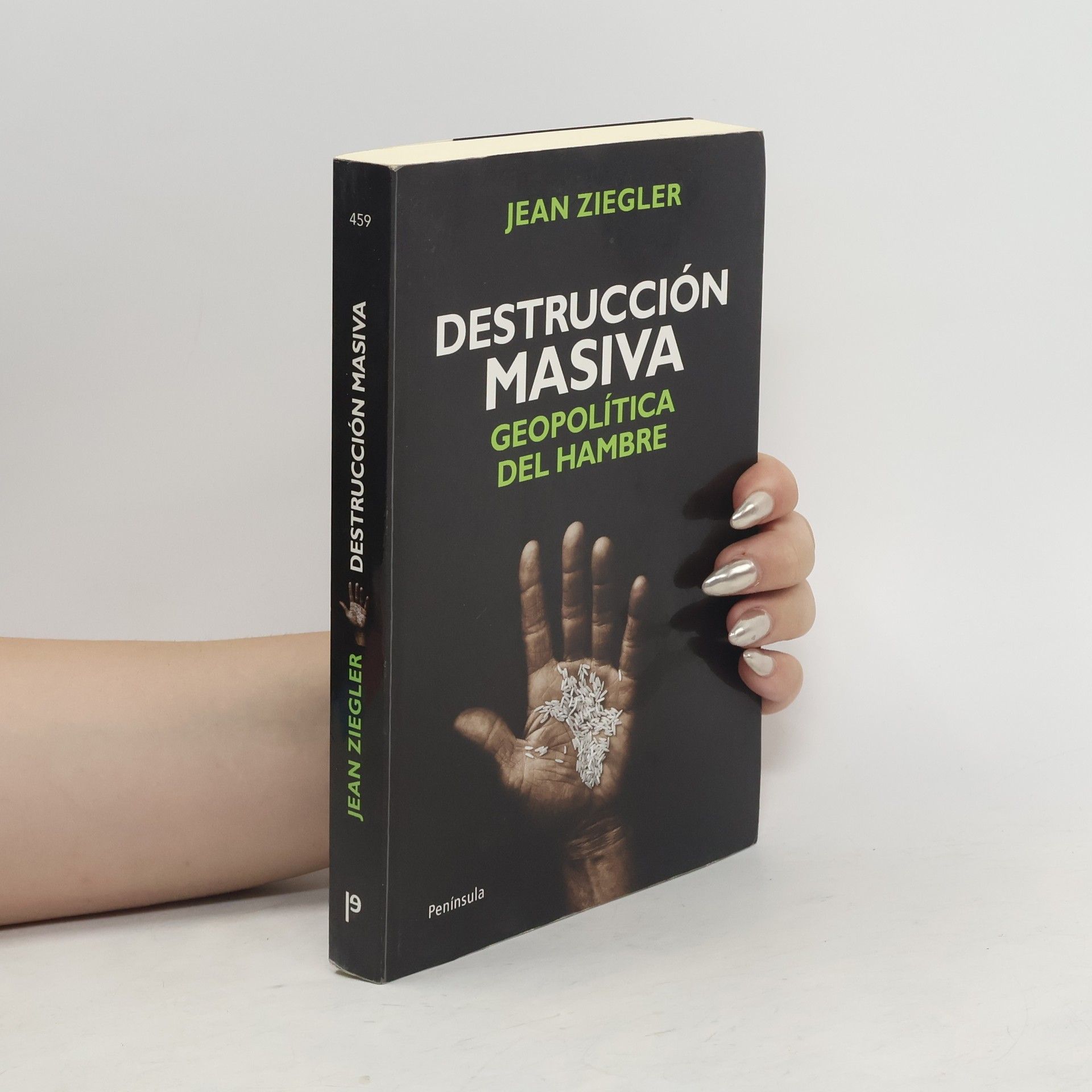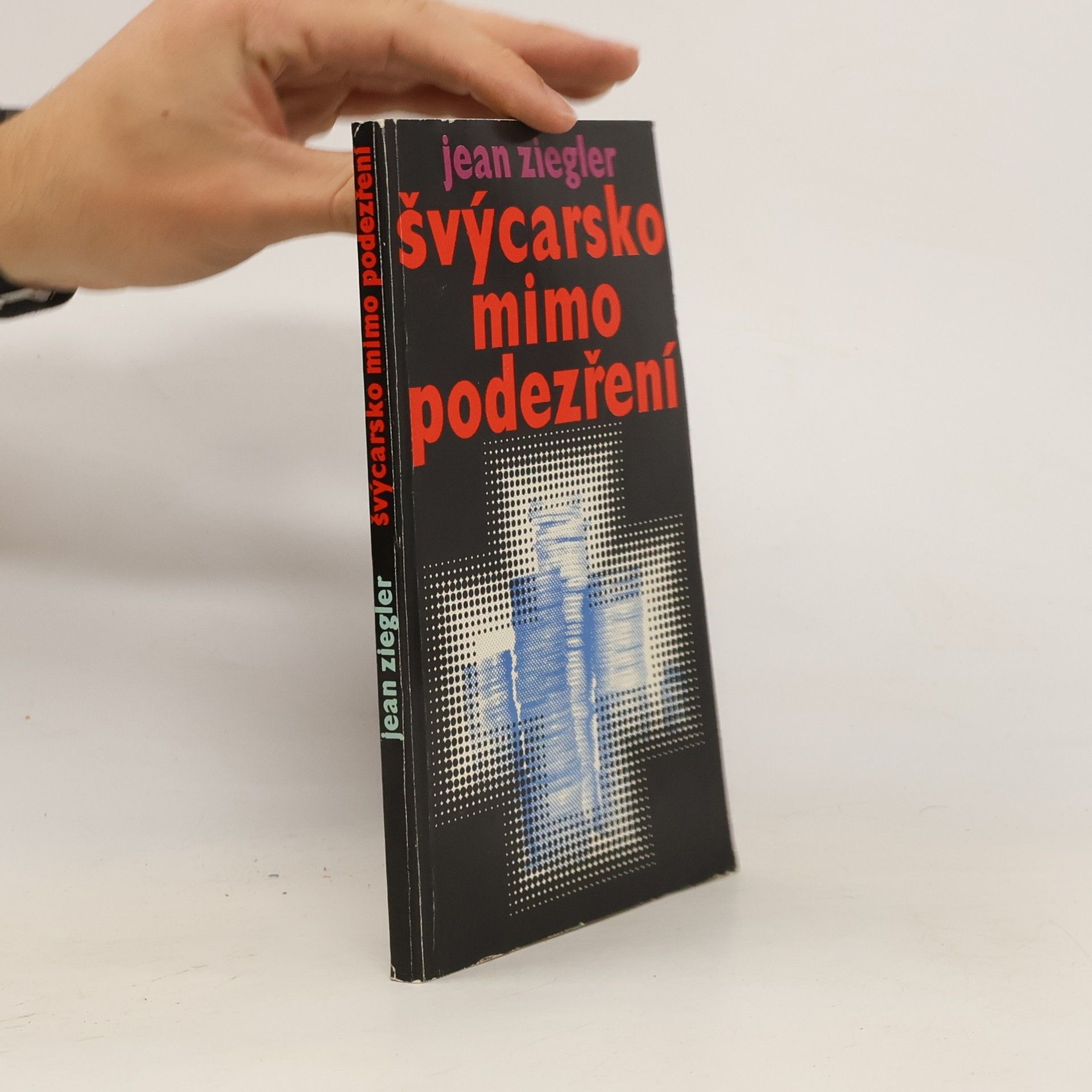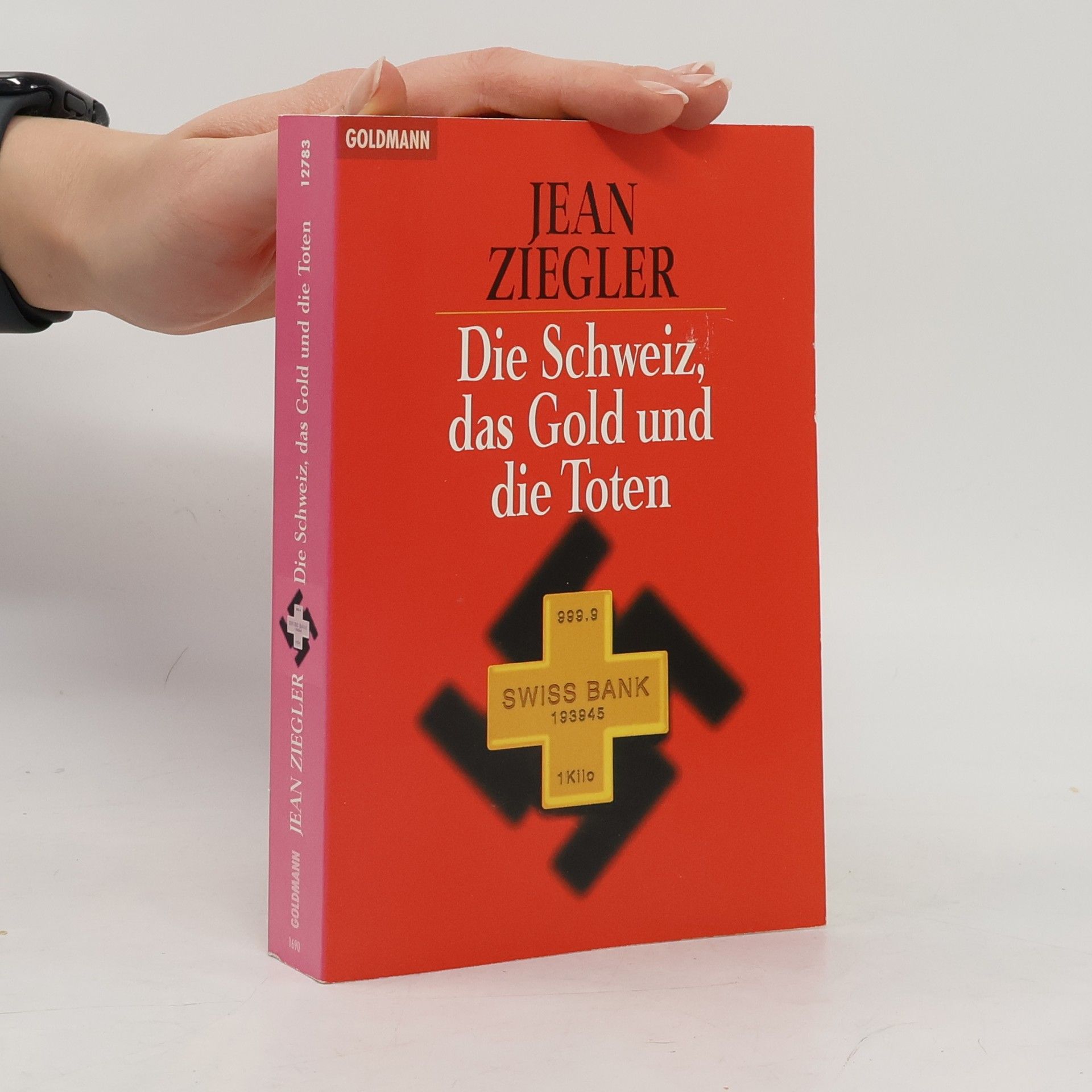Destrucción masiva. Geopolítica del hambre - 1. edición
- 336 páginas
- 12 horas de lectura
El hambre en el mundo ha sido una de las preocupaciones intelectuales de la vida y actividad profesional de Ziegler. En este libro relata sus esfuerzos por luchar contra esta maldición, cómo han reaccionado las autoridades, las soluciones diferentes que se han propuesto, la incompetencia y los intereses oscuros de los gobiernos, los recursos destinados. Además el libro ofrece una breve historia de este problema desde Hitler a Obama pasando por las situaciones más dramáticas que siguen existiendo en nuestros días. Se trata de un trabajo formidable, casi una síntesis de la vida profesional de Ziegler, que hasta hace unos meses ha sido el Relator especial de ONU sobre este tema.

